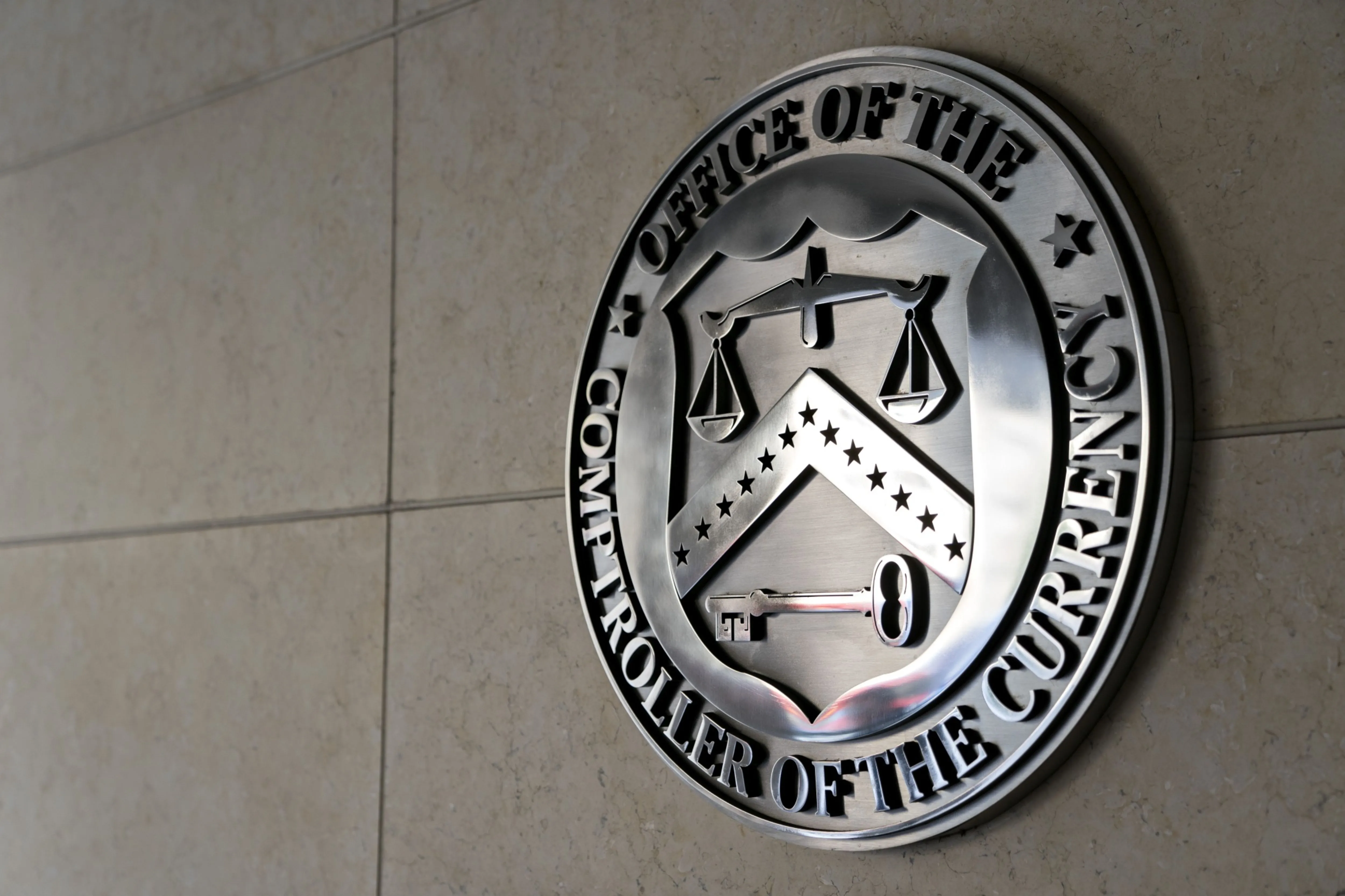Regulation and Compliance: Examining TD Bank's Role in the Money Laundering Scandal

Regulation and Compliance in Focus
The recent TD Bank money laundering scandal has raised serious questions about regulation and compliance within financial institutions. Regulatory authorities have employed AML strategies to tighten the screws on banks, yet incidents like these showcase the underlying issues that demand immediate attention.
Critical Insights into the Scandal
- Regulators have used their enforcement powers to address rampant money laundering.
- Oversight challenges highlighted by the TD Bank case have far-reaching implications.
- Robust AML policies are essential for maintaining market integrity.
Implications for the Banking Sector
This scandal is a wake-up call for banks everywhere. It underscores the necessity for strict adherence to policy and regulation aimed at preventing financial crimes. Moving forward, the banking sector must embrace transparency and accountability to restore public trust.
This article was prepared using information from open sources in accordance with the principles of Ethical Policy. The editorial team is not responsible for absolute accuracy, as it relies on data from the sources referenced.